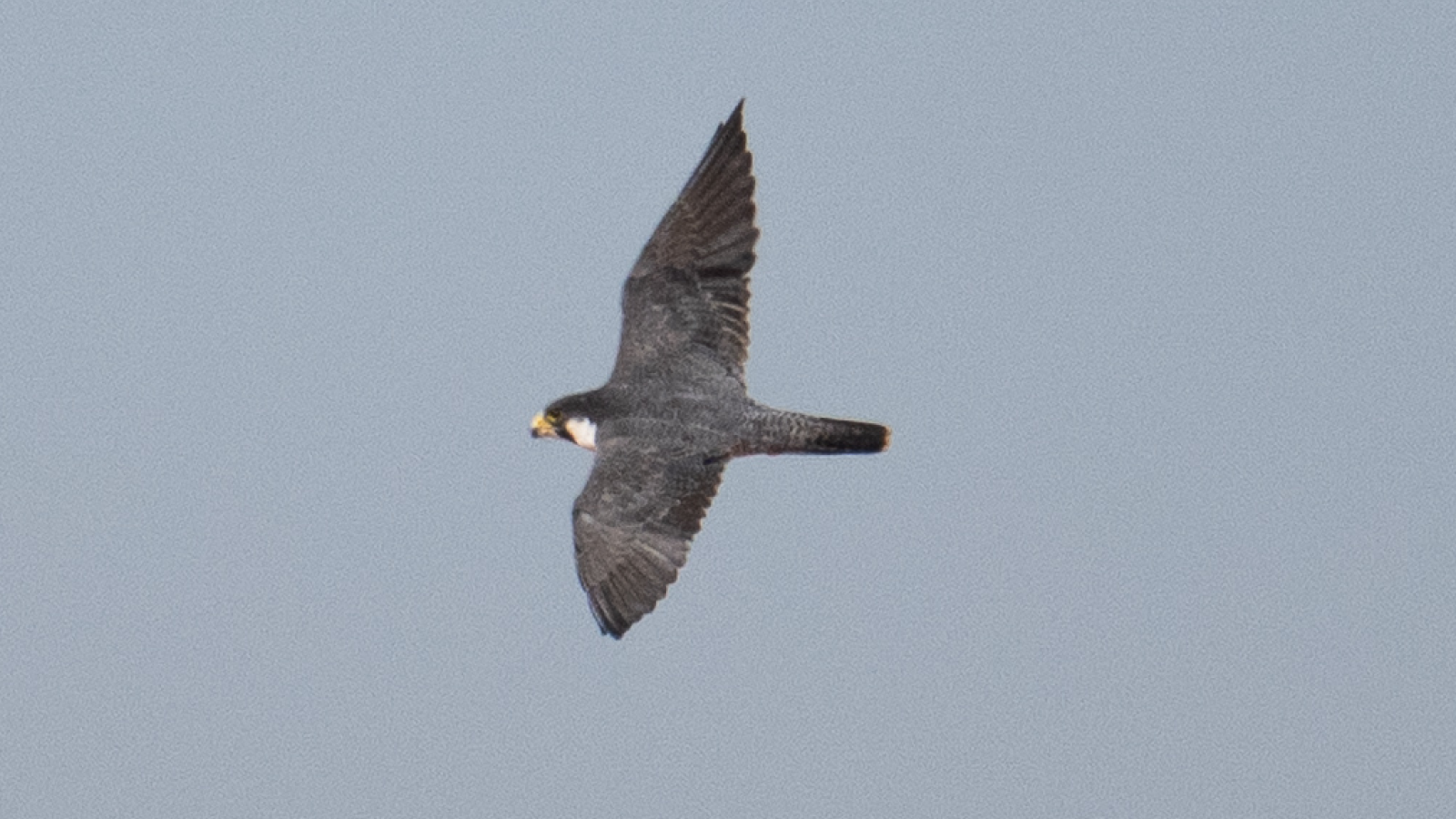The Evolution of Bullying

Get the world’s most fascinating discoveries delivered straight to your inbox.
You are now subscribed
Your newsletter sign-up was successful
Want to add more newsletters?

Delivered Daily
Daily Newsletter
Sign up for the latest discoveries, groundbreaking research and fascinating breakthroughs that impact you and the wider world direct to your inbox.

Once a week
Life's Little Mysteries
Feed your curiosity with an exclusive mystery every week, solved with science and delivered direct to your inbox before it's seen anywhere else.

Once a week
How It Works
Sign up to our free science & technology newsletter for your weekly fix of fascinating articles, quick quizzes, amazing images, and more

Delivered daily
Space.com Newsletter
Breaking space news, the latest updates on rocket launches, skywatching events and more!

Once a month
Watch This Space
Sign up to our monthly entertainment newsletter to keep up with all our coverage of the latest sci-fi and space movies, tv shows, games and books.

Once a week
Night Sky This Week
Discover this week's must-see night sky events, moon phases, and stunning astrophotos. Sign up for our skywatching newsletter and explore the universe with us!
Join the club
Get full access to premium articles, exclusive features and a growing list of member rewards.
Adolescence is hell, as any 13-year-old or any parent of a 13-year-old will be happy to tell you. Most adults also remember their teen years with a shudder. Given access to the Fountain of Youth, no one would drink that far back. No wonder. Puberty is marked by extravagant physical changes that prepare the body for reproduction. Adolescence is also a hurricane of thoughts, moods and emotions that help us discover who we are. That personal discovery is also molded within the slippery slope of peer interactions. In the blink of an eye, your best friend can become your worst enemy, and vice versa. Presumably, navigating these changes teaches teens about dealing with others, a skill that will come in handy in adulthood. The darkest end of social interaction for teens, as well as adults, is the bully. Bullies are kids, male and female, who intimidate other kids with words or physical harm. And no one likes a bully, not even the bully's sidekick. Why then do some kids become bullies? Adrieeen Nishina of the University of California, Davis, has a novel suggestion—evolution. We primates live in social groups because there is safety in numbers and it's easy to find mates. But group living is not always easy; every individual is self-serving and yet everyone has to get along. As research on nonhuman primates has shown, many monkey and ape groups work because the members sort themselves out by rank. Male chimpanzees , for example, know exactly who's a leader and who's a follower. Female macaque monkeys also know their place and they line up accordingly at food resources. But a social hierarchy is not as stable as it sounds. Everyone wants to be high ranking and the animals are always jockeying for position. Nishina thinks that bullying in humans might be one part of the same sort of social dance. Bullies and their pals form an in-group and exclude others. The preppie clique intimidates everyone else into their choice of fashion. The brainiacs bond over their social lameness and form their own exclusive group that gives them academic rank. But if bullying is part of human nature, it's certainly not a good part. Nishina and colleagues found that more than half the children in their study of Los Angeles adolescents experienced bullying in middle school. Those kids were also sicker, more depressed and anxious, felt lousy about themselves and pretty much hated school. That's why, Nishina says, teachers need to step in at the first hint of someone pulling rank. She also suggests that schools should have a place where the hubbub of interpersonal interaction is suspended. According to her, schools that have open libraries at lunch or recess have a full house, even if it means sitting silently and alone. Like a young monkey scrambling up a tree for a break from his troop, these young ones also need time away from the group. Without social down time, no primate can deal with the good, bad or ugly of his own species. Meredith F. Small is an anthropologist at Cornell University. She is also the author of "Our Babies, Ourselves; How Biology and Culture Shape the Way We Parent" (link) and "The Culture of Our Discontent; Beyond the Medical Model of Mental Illness" (link).
- Video: Jane Goodall's Wild Chimpanzees
- 10 Things You Didn't Know About You
- Top 10 Mysteries of the Mind
Get the world’s most fascinating discoveries delivered straight to your inbox.
 Live Science Plus
Live Science Plus










